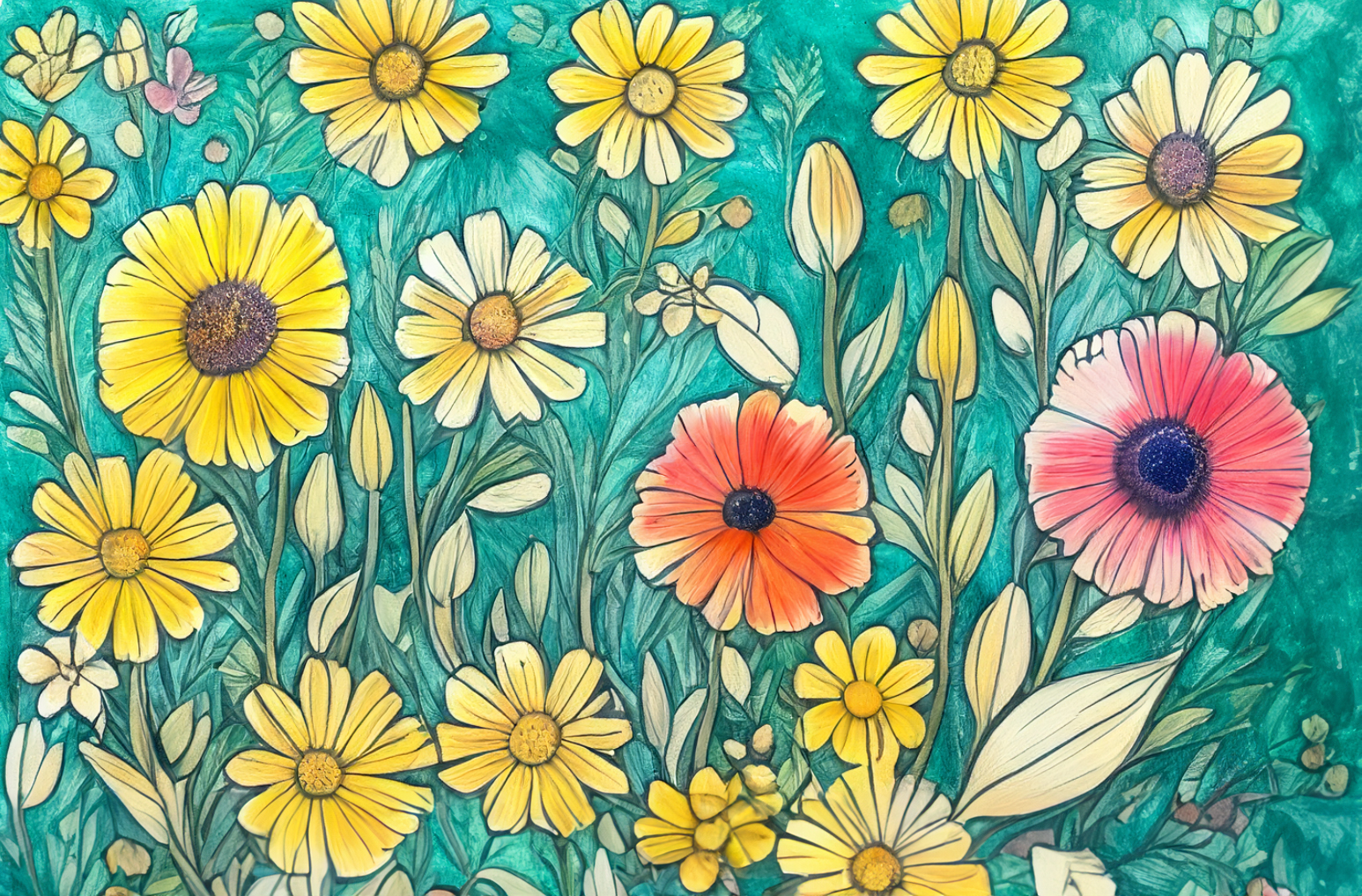Hosted and curated by Andris Brinkmanis, senior lecturer and the course Leader of BA in Painting and Visual Arts at NABA in Milan and Visiting Professor for the Art Academy of Latvia Curatorial Course, this series of encounters will be designed around the legacies of historical figures – from Francisco Ferrer Guardia, Asja Lacis, Bertolt Brecht and Walter Benjamin, to Ivan Illich, Palle Nielsen, bell hooks and David Graeber, among others. Be it theatre, art, anarchist thought or anthropology, many of these important personalities shared common aspirations.
On this session, Andris focuses on Asja Lācis and the constellation of intellectuals linked with her – from Bertolt Brecht, Bernhard Reich, Erwin Piscator, Siegfried Kracauer and Walter Benjamin in Germany, to Fyodor Komisarjevsky, Vladimir Mayakovsky, Vsevolod Meyerhold, Vladimir Bill-Belotserkovsky, Sergei Eisenstein, Victor Shestakov, Dziga Vertov and Sergei Tretyakov in Russia and Linards Laicens, Leons Paegle and others in Latvia. Her unorthodox theatre and pedagogic approaches with children, amateur and professional actors, her political engagement and impressive group of friends and collaborators all over the Europe, will allow us to trace a genealogy of the comunitary pedagogy that since 1960ies reemerged through the work of Ivan Illich, Palle Nielsen, bell hooks and David Graeber, among others.
What contemporary practices align with this historical lineage and trajectory, aptly coined by Illich as ‘deschooling’? Contemporary actors such as The Freedom Theatre in Palestine, Grupo Contrafile in Brazil, but also indigenous communities and activist groups, are examples that will help us to understand and locate those contemporary ‘pedagogies of care’ in action, which also go well beyond this very complex and problematic notion.
What do these true educational resources, from which we may learn collectively, have in common and how do they differ from the mainstream pedagogical approaches based on competition, separation and control? When and with the help of which tools can active care become a communal social and political instrument, providing voice and agency, rather than depriving of it? How can notions such as attention, observation, dialogue and listening become key strategies leading towards the creation of new shared ontologies, opening up new scenarios and providing different horizons?
This series of talks will explore the topic in collaboration with invited guests as well as the community around the David Graeber Institute.
